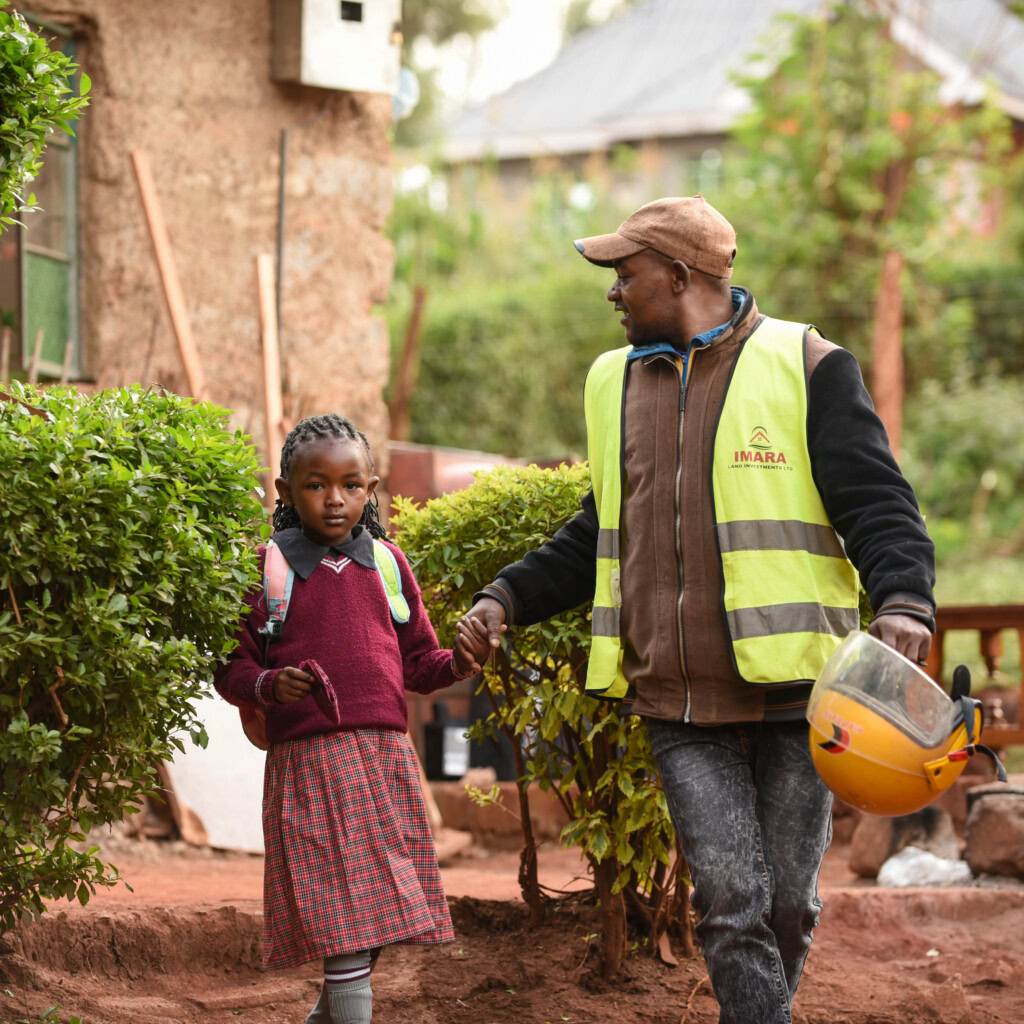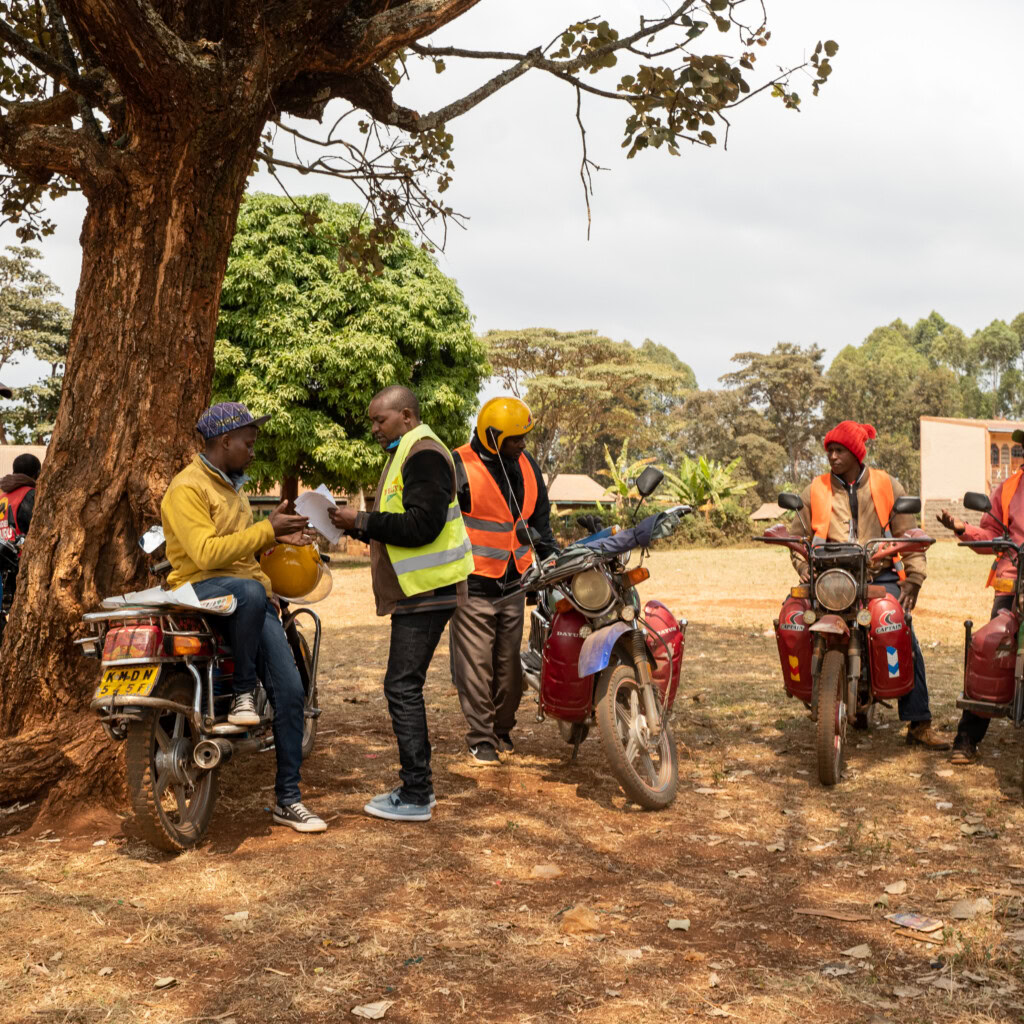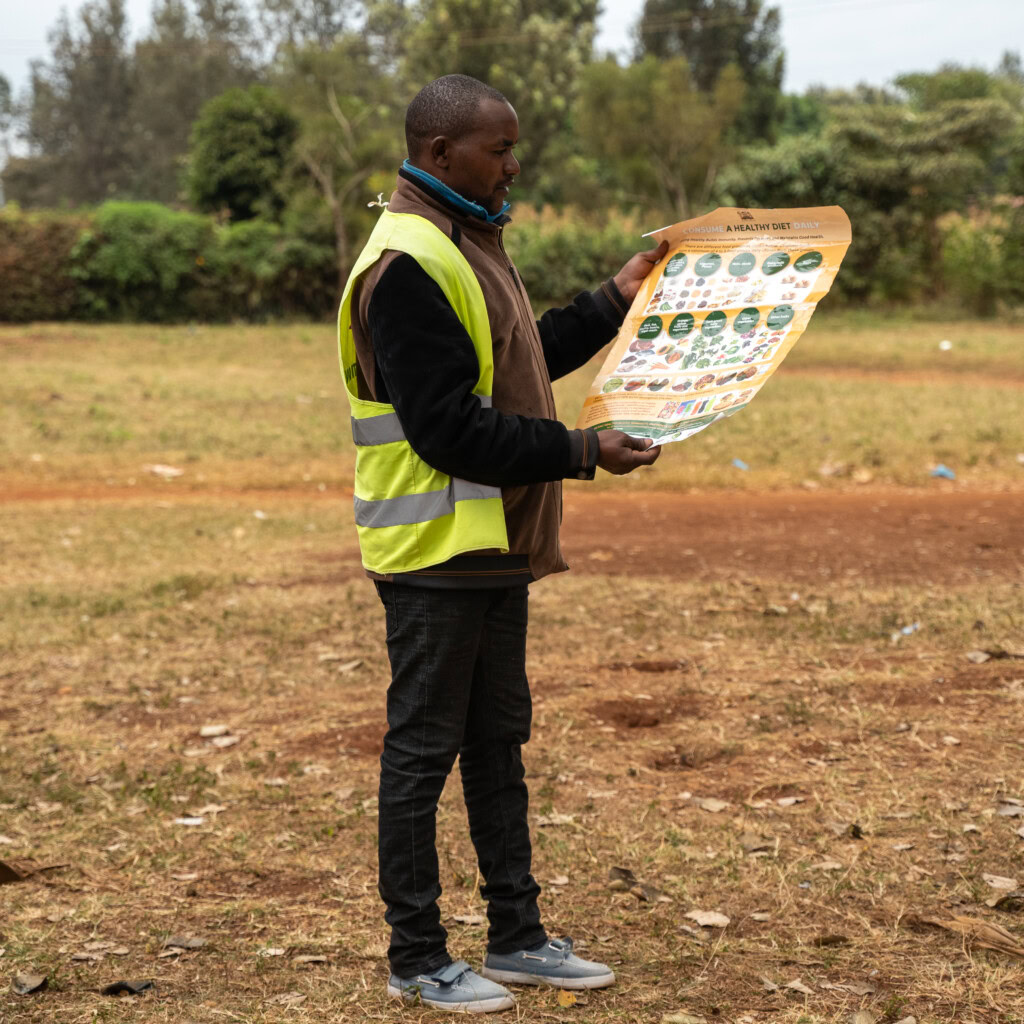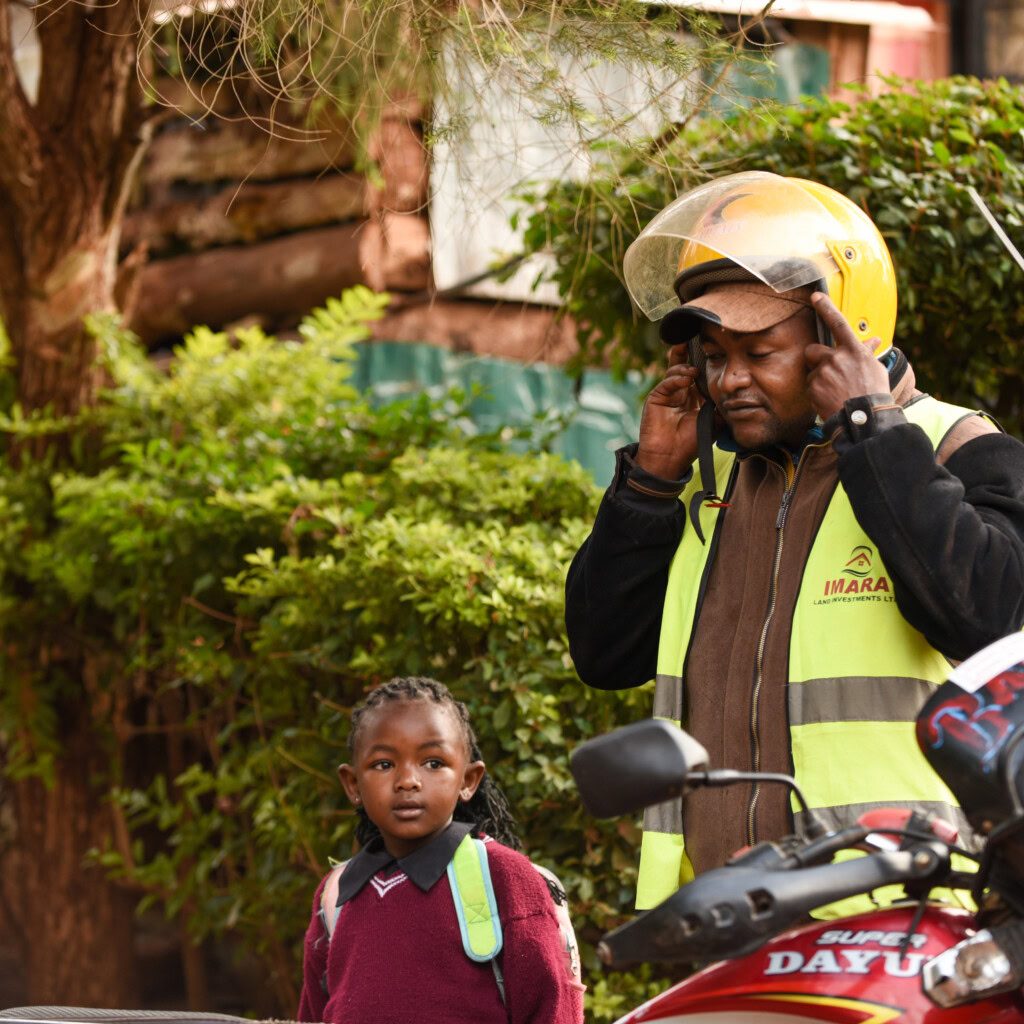Last year, we conducted a comprehensive consultation process that included focus group discussions with over 150 participants, including government and civil society representatives and Nutrition International staff from various regions. We also held a series of validation meetings and workshops to inform the strategy’s development.
In Senegal, we continued to work with the Forum for African Women Educationalists to advance our adolescent health program by introducing new training modules on gender equality, with a specific session on positive masculinity that was attended by both girls and boys. We also established adolescent support groups in select schools to raise awareness on gender equality. In India, we scaled up our menstrual hygiene management program, offering nutrition education to both adolescent boys and girls and counselling sessions for adolescent girls.
In partnership with the Society for Women’s Development and Empowerment in Nigeria, we leveraged community and religious networks and undertook home visits to foster dialogue and promote the uptake of positive nutrition behaviours. Similarly, we explored opportunities in Pakistan for women’s participation in food processing to promote gender-inclusive food fortification. In Kenya, we established father-to-father support groups to engage men and boys as advocates for equitable communication and decision making on maternal and newborn health and nutrition at the household level.



